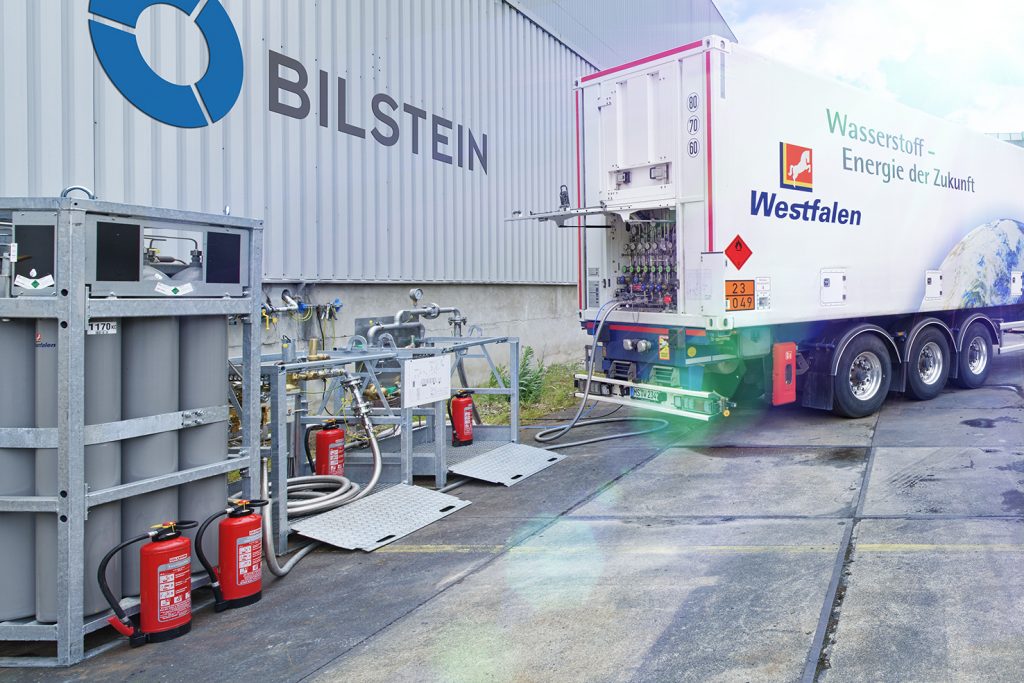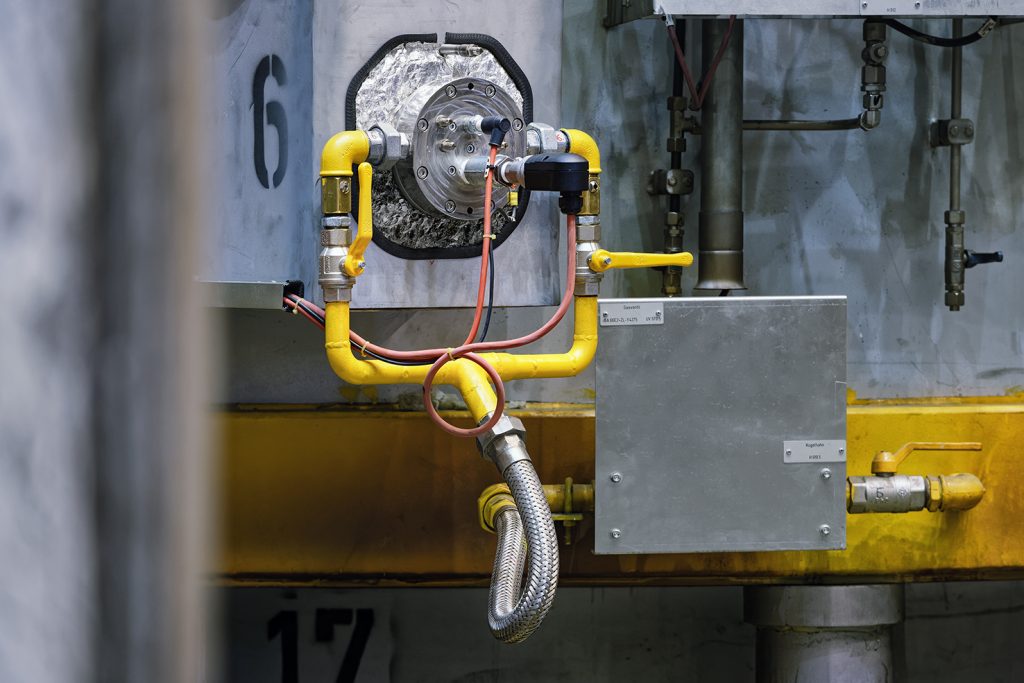30 Jun
CO₂-free heat treatment: first steps using the example of the Bilstein Group

Efficient heat recovery, maximum fuel flexibility and CO₂-neutral production – these words are music to our ears! And the best thing about it is that they have long since ceased to be castles in the air and have become tangible goals in the steel industry. We are all aware that an energy turnaround in industry must take place, preferably as soon as possible. It is precisely in line with this motto that Bilstein Group has now taken the first steps towards CO₂-neutral steel production.
Hybrid systems at the Bilstein Group
Process heat generation generates the most CO₂ in energy-intensive high-temperature processes. In the case of annealing irons, which heat the steel at temperatures between 700 °C and 900 °C until the desired material properties are achieved, the plants have so far mostly been operated with natural gas burners. This is where our dual-fuel burner iRecu comes into play. If these plants are converted to our hydrogen-capable burners, the plant can be operated by both natural gas and hydrogen, depending on demand and availability. This hybrid mode of operation of the plants thus provides flexibility in the choice of fuels until sufficient hydrogen is available. In other words, our dual-fuel burner makes plants H2-ready.

“Water vapor came out of the chimney instead of CO₂”
At the Hagen-Hohenlimburg site, Bilstein GmbH & Co. KG converted a total of 11 burners from natural gas to hydrogen operation on a test basis. The GWI (Gas- und Wärme-Institut Essen e.V.) provided the metrological support. Normally, the 1,800 kW thermal output is provided by natural gas. The conversion to 100 % hydrogen did not result in any loss of performance. Bilstein was able to save around 3,700 kg of CO₂ in this test alone. “Water vapor came out of the chimney instead of CO₂,” says Christian Hagenkord, Head of Sustainability Projects and Energy Supply at the Bilstein Group. Extrapolated to the 500,000 t of production volume per year manufactured by the parent company Bilstein before the pandemic, this results in a savings potential of around 25,000 t CO₂.



